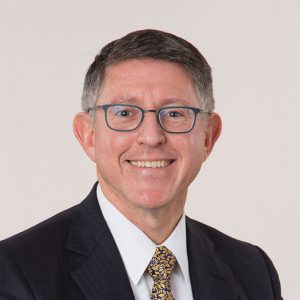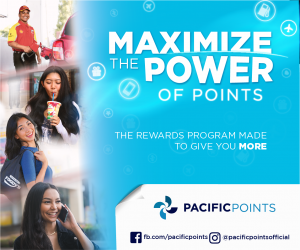
Thomas W. Krise
President and professor of English
University of Guam
Our region of the world is undoubtedly unique for its history, culture and natural beauty. But perhaps less commonly considered are the region’s unique contributions and opportunities related to higher education.
Island leadership and wisdom
Compared to their counterparts in large, metropolitan places, many people with college degrees in small-island communities can expect to be called to leadership roles at some point in their careers. Some are appointed to a board of directors or to lead a government agency. Some may run for office, lead a family business or take up other traditional leadership roles.
On a more global scale, we are living through revolutionary times in terms of technological change as well as climate change. Both of these developments favor people from small island communities.
New technologies reduce the distance between our islands and the rest of the world, eliminating many of the perceived disadvantages of our remote locations. For example, Guam has more undersea high-speed data cables running through it than even Hawaii.
The global challenge of climate change elevates the value of the ancient wisdom of our indigenous cultures as all of humanity seek solutions to our climate emergency. Our small-island communities are among the most affected by climate change and are also the places that have lived sustainably and with respect for others longer than many larger societies.
Preparing the next generation
In light of these local, regional and global needs, the University of Guam and our educational partners including the College of the Marshall Islands, the College of Micronesia-FSM, Guam Community College, Northern Marianas College and Palau Community College must rise to meet this challenge and prepare the next generation for what lies ahead. We must prepare our students for positions of leadership and influence while also fostering the study, maintenance and vigor of our indigenous cultures to offer the world the kind of “island wisdom” that can help us cope with our global challenges.
The University of Guam has been preparing a new strategic plan to identify ways the University can make the largest impact for the people and the communities in this region. Strategic initiatives include improving the student experience through program expansion and campus modernization; contributing in critical need areas in the region such as the economy, defense, health care and all levels of education; leading meaningful research activities; and partnering with our business community to develop expertise and create new revenue opportunities.
Taking full advantage
In addition to our overall institutional goals, the University of Guam promotes character development in students that will serve them well in the working world.
We encourage students to take electives outside of their major to open their eyes to new ways of seeing the world. We urge them to speak up in class and ask questions and to talk to their professors and all professionals on the UOG campus about how they became interested in their chosen field.
We also promote students’ global connectivity by providing opportunities for students to present their research or to study in major cities of the world, and we encourage students to visit other small-island communities as well, where they can get to know future leaders and compare notes on how to cope with common challenges.
While many of our students in Guam and the whole of Micronesia think that their options for college are either “to study here or study away,” I like to stress that students can have it both ways: “Study here AND study away.”
Only in Micronesia
I have been at UOG for just one year so far, but I can say with confidence that our Micronesian region has an excellent array of options for higher education, and that our regional colleges and the University of Guam are more important to our communities than any colleges or universities anywhere else in the world.
As UOG continues building its strategic plan for the future, we look forward to continuing our relationships with the business community and the local government to meet the needs in the local workforce and to establish our region’s unique role in contributing to global challenges.
“We must prepare our students for positions of leadership and influence
while also fostering the study, maintenance and vigor of our indigenous
cultures to offer the world the kind of ‘island wisdom’ that can help us cope
with our global challenges.”













